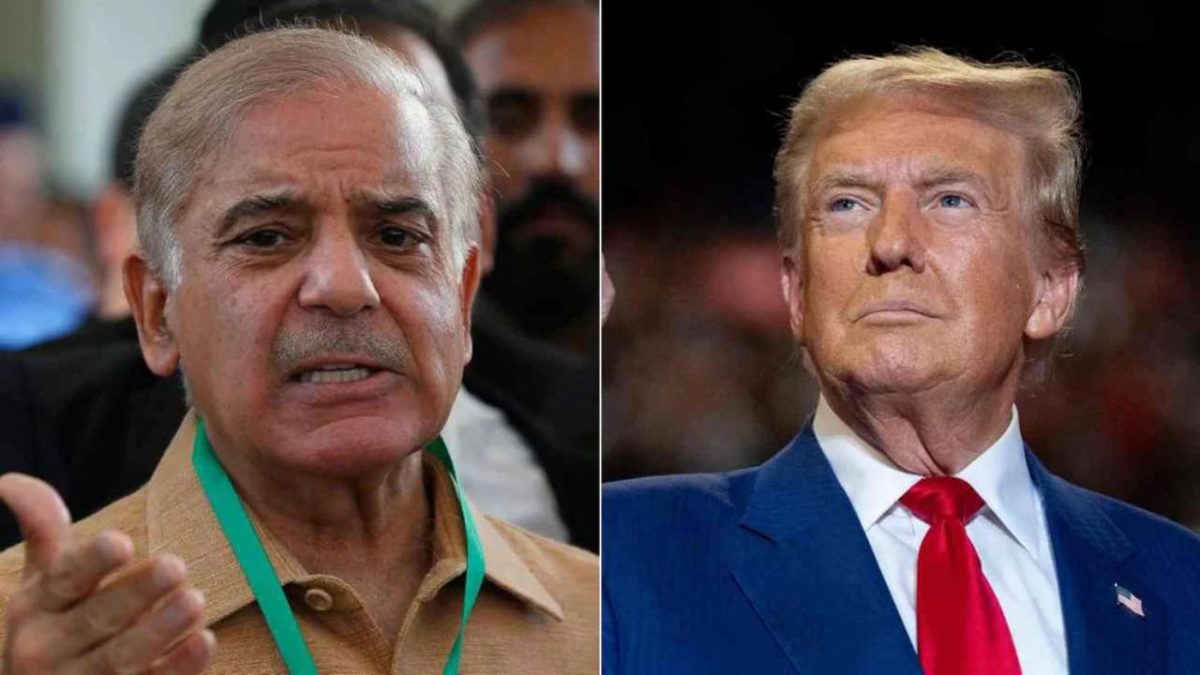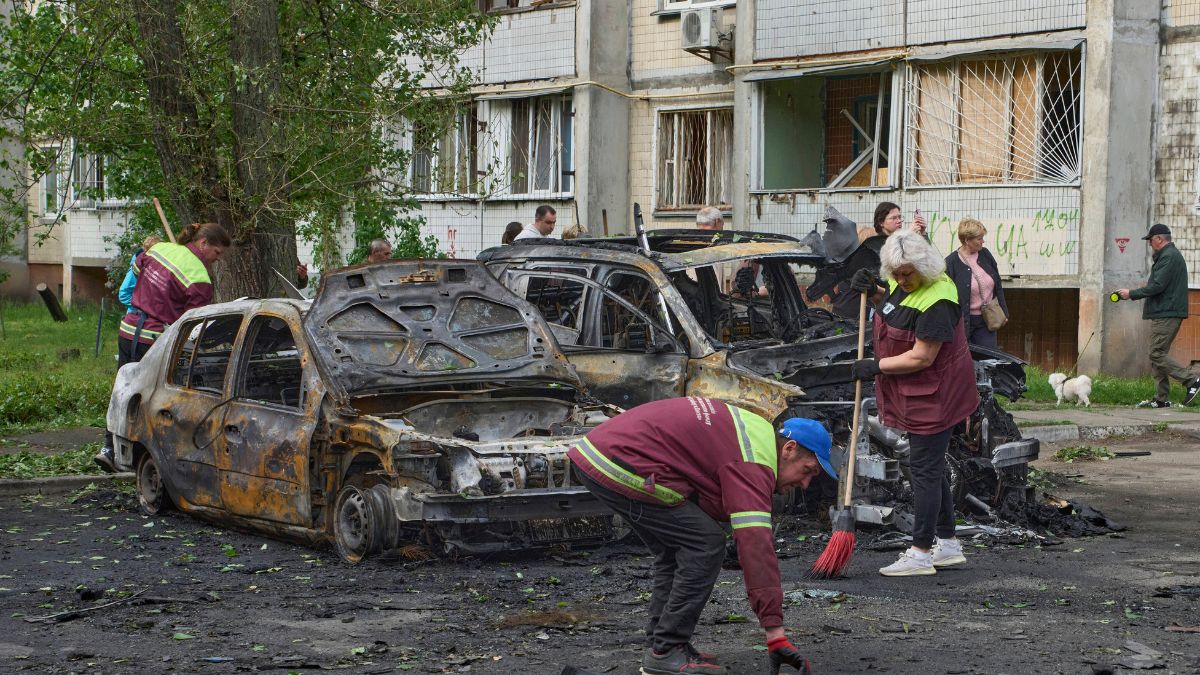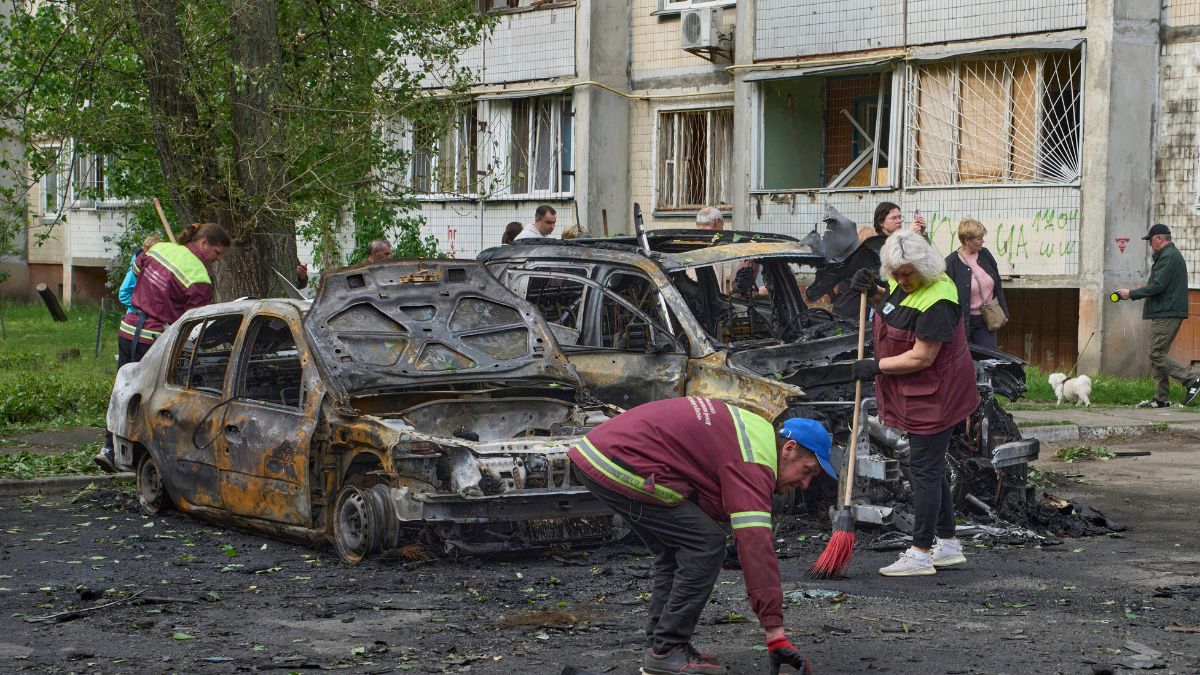The ghastly terror attack that took place in Anantnag’s Baisaran Valley in the Pahalgam region last month has triggered a diplomatic, economic and military crisis between India and Pakistan. The attack, in which 26 people were killed, was initially claimed by The Resistance Front (TRF), an offshoot of Pakistan-based terror outfit Lashkar-e-Taiba. However, four days later, the outfit conveniently walked back on its claim, saying one of its digital platforms was hacked. Nonetheless, the involvement of Pakistani nationals in the attack, as signalled by Indian intelligence agencies, have once again laid bare the umbilical cord that runs between Islamabad and these terror outfits.
Trump administration’s clear messaging
Over the past two weeks, New Delhi has embarked on a mission globally to isolate Pakistan through a diplomatic charm offensive. One of India’s top wins so far is the stance taken by the US, which has warned Islamabad of shutting down terror sanctuaries on its territory in response to the terror attack.
For instance, JD Vance, who was in India when the attack happened, recently told Pakistan to “co-operate with India” on the issue, acknowledging that terrorists do operate from its territory that target Indian forces and nationals across the border.
“We hope that Pakistan, to the extent that they are responsible, cooperates with India to make sure that the terrorists sometimes operating in their territory are hunted down and dealt with. That’s how we hope this unfolds,” Vance said in an interview with Fox News last week.
This was a clear endorsement of India’s long-held position that Pakistan backs, funds and supports terrorists and use them in the proxy war against India.
Similarly, US Secretary of State Marco Rubio also told Pakistan to cooperate with India and help probe the terror attack.
Rubio, in a phone call with PM Shehbaz Sharif, asked Pakistan to condemn the attack and cooperate in an investigation.
This statement came as a big blow to Pakistan’s demand of a so-called neutral international probe into the terror attack. The message from Washington was clear: Do as what India says!
More support has poured from other US leaders as well.
US Secretary of Defence Pete Hegseth recently declared US support to India and went on to say that he supported India’s right to self-defence.
US Director of National Intelligence (DNI) Tulsi Gabbard said she was with India and backed New Delhi’s efforts to hunt down those responsible.
“We are with you and support you as you hunt down those responsible for this heinous attack,” she posted on X.
Under Secretary of Defense Elbridge Colby also declared support to “great ally India”. “India is a model ally that takes its own defense with utmost seriousness. We stand with them in this dark hour,” he wrote.
Not to forget that President Donald Trump was among the first global leaders to condemn the Kashmir attack. Trump strongly condemned the attack in a phone call with Prime Minister Modi and expressed full support to India to bring to justice the perpetrators of the “heinous attack.”
US-India partnership
USA’s full support to India in the view of the deadly terror attack hardly comes as a surprise, given the deepening military, strategic and economic ties.
The Trump administration is highly transactional, and its policies are driven by pure business interests.
As Vance arrived in India last month on a four-day visit, one of his top agendas was securing a trade deal. In the Fox News interview, Vance said “good negotiations” were now on with India on tariffs. “I don’t know if it’ll be your first deal, I think it would be among the first deals for sure,” he announced.
During his India visit, Vance announced that Washington and New Delhi have formally finalised the terms of reference for the upcoming trade negotiations.
Indian Commerce and Industry Minister Piyush Goyal recently said both nations were committed to increasing bilateral trade to $500 billion and negotiating a “strong” trade agreement within the next 6-8 months.
USA’s symbolic support to India
Amidst the Indo-Pakistan crisis, US has also offered symbolic support to India, in what can be seen as a snub to Pakistan.
Late last month, the US cleared a proposal to supply critical military hardware and logistic support assets worth USD 1$31 million to India.
The US said the proposed sale will improve India’s capability to meet current and future threats by bolstering its maritime domain awareness, analytical capabilities and strategic posture.
In another symbolic move, India’s ambassador to US Vinay Kwatra also met with Under Secretary of Defense Elbridge Colby to strengthen defence ties between the two nations.
Pakistan finds no takers of its narrative
As US political leadership aligns itself with India on the issue of terrorism, Pakistan is increasingly finding itself ostracised.
In Washington, it’s finding no takers of its narrative, designed to conceal its long-established support to terrorism and blame the victim for aggression.
While India prepares for action, Pakistan’s strategy seems to be… begging for attention.
Rizwan Saeed Sheikh — Pakistan’s ambassador to the US — is currently running a one-man PR marathon in Washington, practically pleading with American media outlets: “Please interview me!” And it finally worked — he got a sit-down with Newsweek.
Small win, big desperation.
The desperate ambassador once again played the nuclear card to attract the Trump administration’s attention.
“If we have a president who is standing for peace in the world as a pronounced objective during this administration, to establish a legacy as a peacemaker, or as someone who finished wars, defied wars and played a role in de-confliction, resolving the disputes, I don’t think there is any higher or flashier flash point, particularly in nuclear terms, as Kashmir,” he warned.


)
)
)
)
)
)
)
)
)